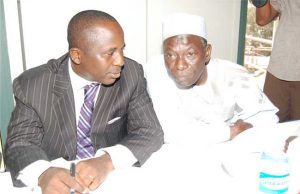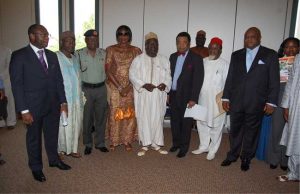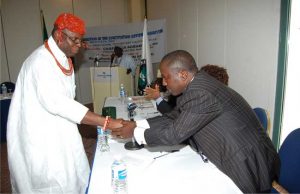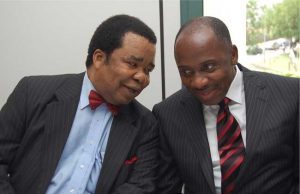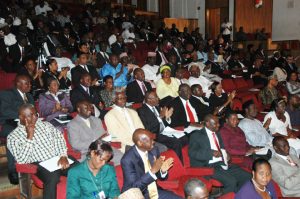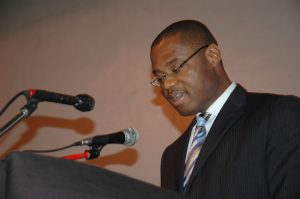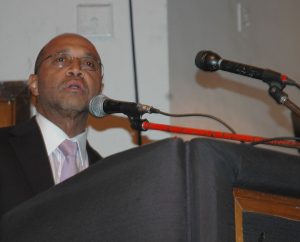The National Think Tank Project
Introduction on The National Think Tank Project
The National Think Tank is a body of articulate and well-informed men and women with sound analytical minds, which is saddled with the onerous responsibility of fashioning out an agenda for the country. The think tank consists of people who are pedagogies in their chosen fields and have made their marks in the areas of their calling.
Purpose of The National Think Tank Project
Our Vision is
“A Nigeria with 21st Century healthcare, high standards in schools, a modern and efficient transport system, safe streets, and a free, dynamic and competitive economy”.
The National Think Tank Project was set up by a team of individuals who believe that a new type of organisation is needed to promote the case for radical public sector and economic reform.
We are determinedly independent and strictly non-party in our approach. We believe that there has been policy failure in relation to public services over a period of years under ALL governments, and we want to persuade all parties that there is a better way. Our non-party approach is reflected in our cross-party Advisory Board and Council.
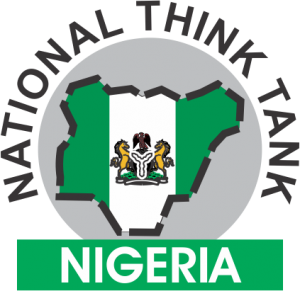
MISSION STATEMENT
The mission of the National Thank Tank is to provide high-quality research and education in order to promote a prosperous, fair, and sustainable economy. The Institute stresses real world analysis and a concern for the living standards of working people, and it makes its findings accessible to the general public, the state, and policy makers. The National Think Tank is an independent, nonpartisan organization with an emphasis on economics, foreign policy, and national defense-through scholarly research, open debate, public education and publications. The Think tank is dedicated to preserving and strengthening the foundations of freedom-limited government, private enterprise, vital cultural and political institutions, and a strong foreign policy.
GOAL OF THE NATIONAL THINK TANK
The goal of the Think Tank is to improve the performance of Nigerian institutions and the quality of living standard and public policy by using social science to analyze emerging issues and to offer practical approaches to those issues in language aimed at the general public.



